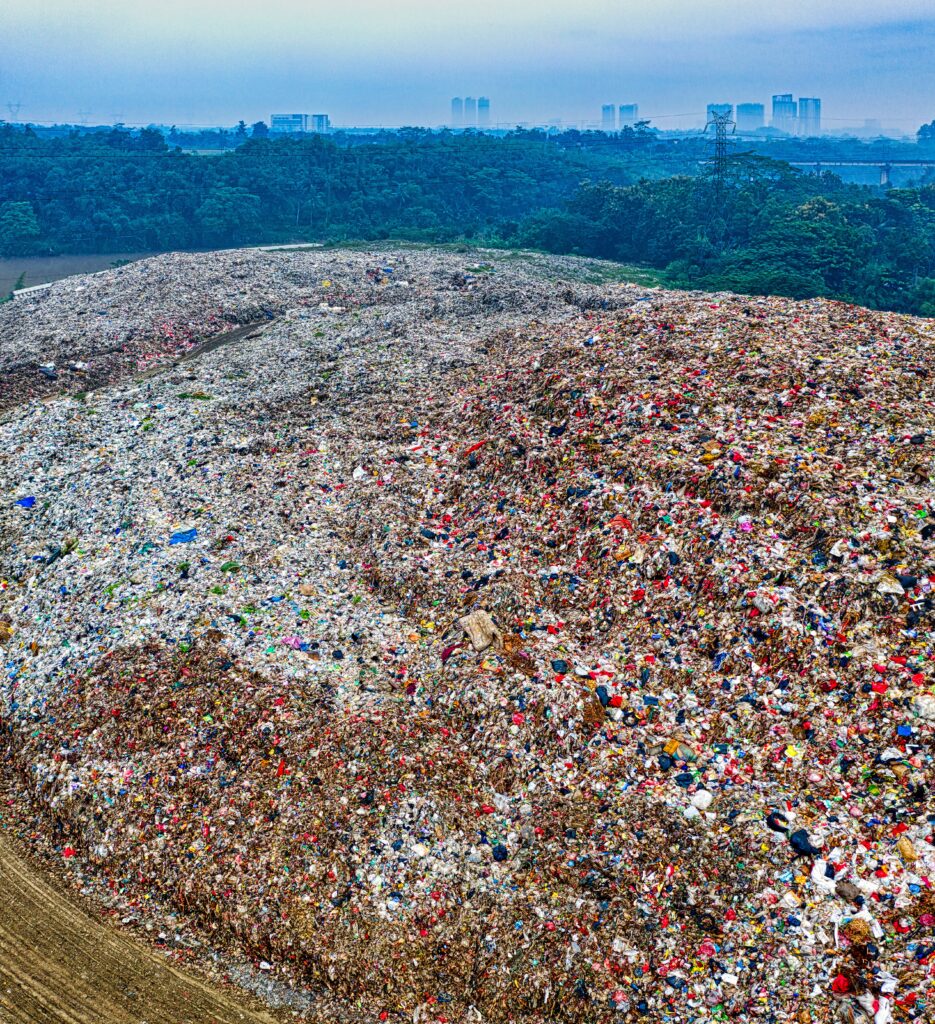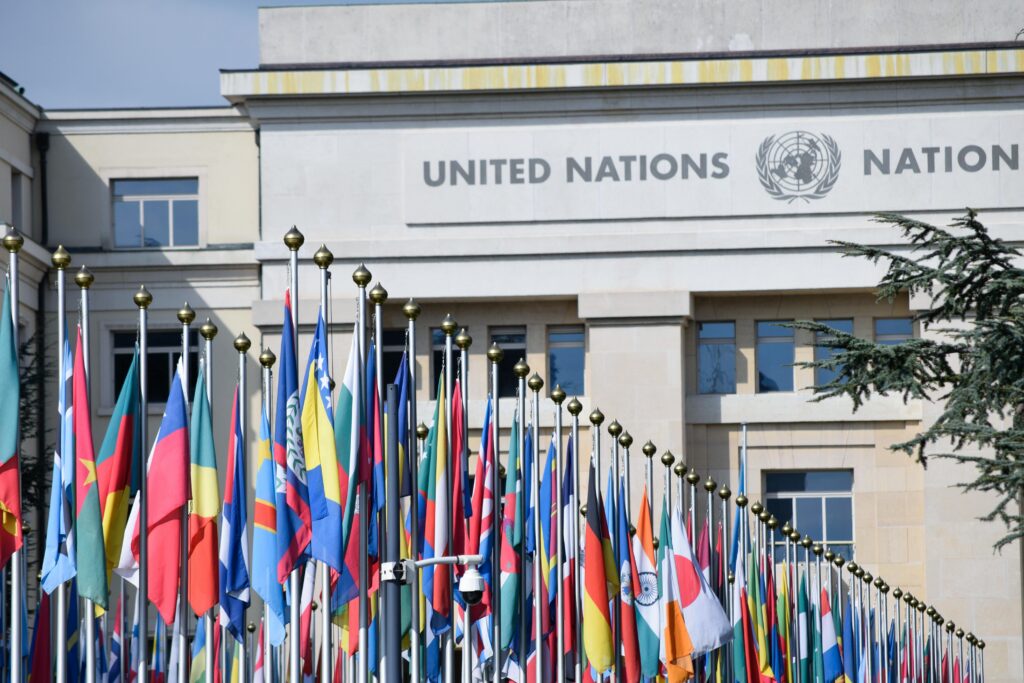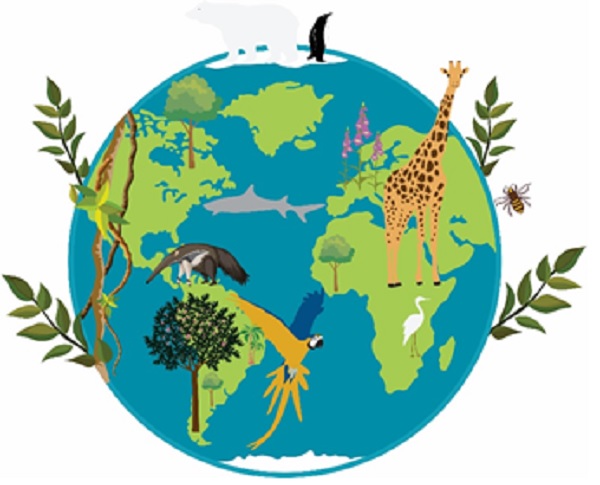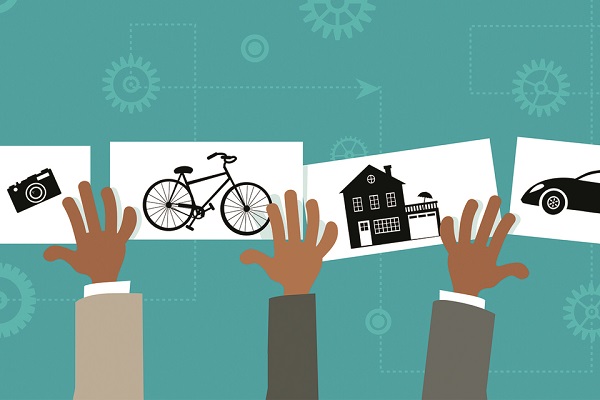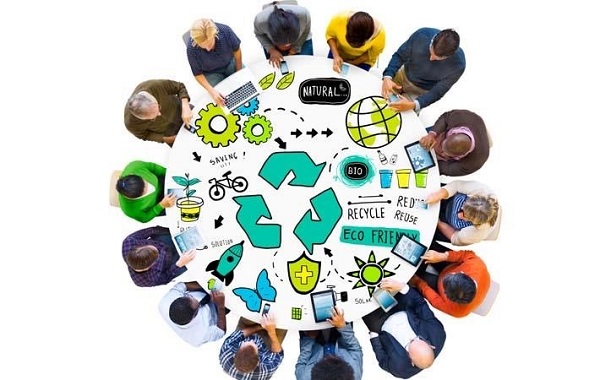CORPORATE SUSTAINABILITY DUE DILIGENCE DIRECTIVE: AN OVERVIEW
Corporate Sustainability Due Diligence Directive (“CS3D” or also referred to as “CSDDD”), based on Articles 50 and 114 of the Treaty on the Functioning of the European Union, lays down rules on obligations for companies regarding actual and potential human rights adverse impacts and environmental adverse impacts, with respect to their own operations, the operations …
CORPORATE SUSTAINABILITY DUE DILIGENCE DIRECTIVE: AN OVERVIEW Read More »




